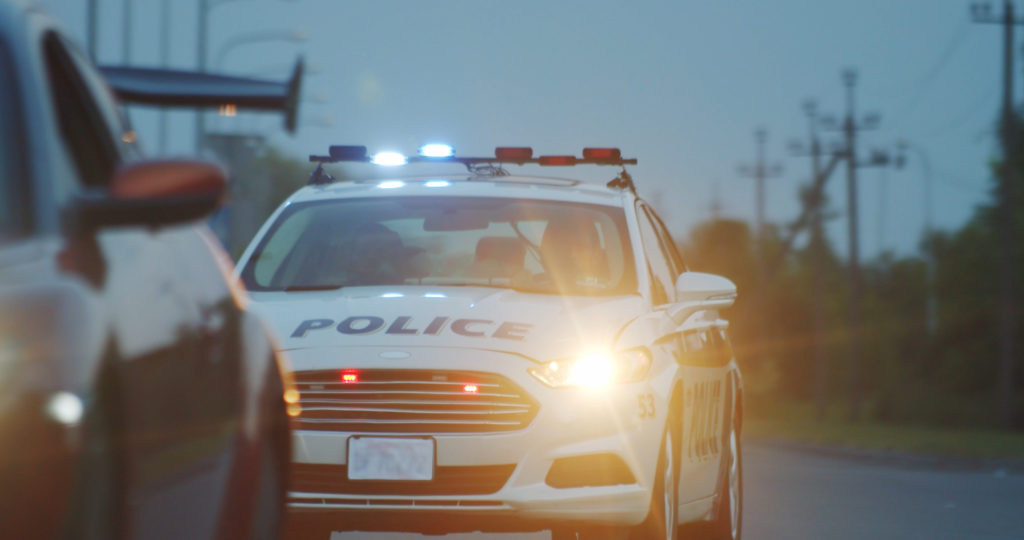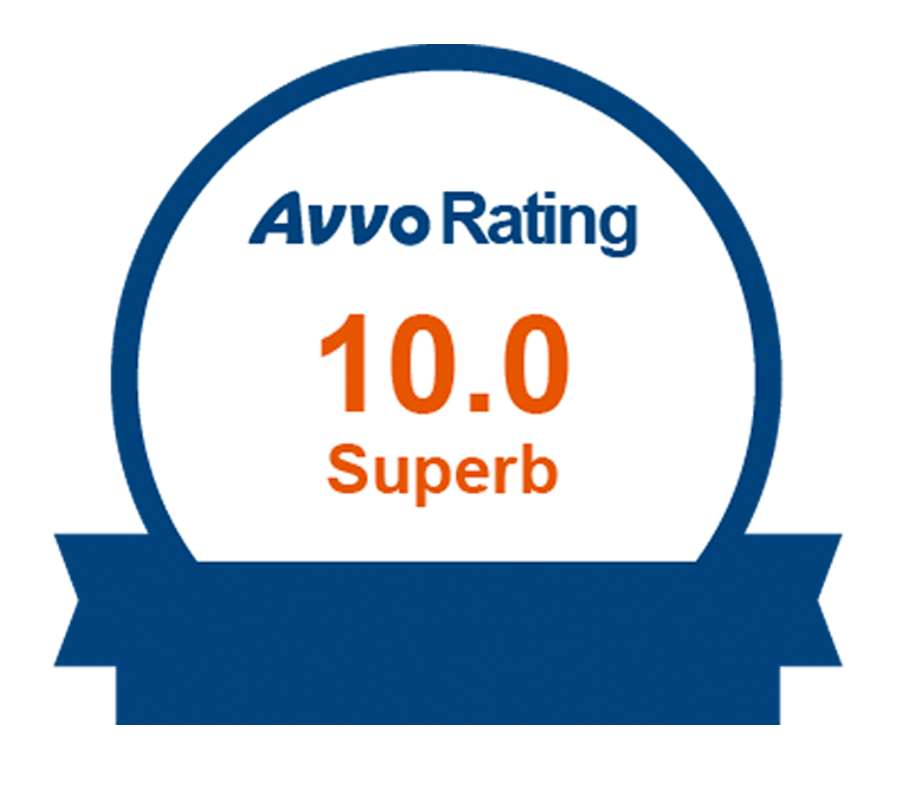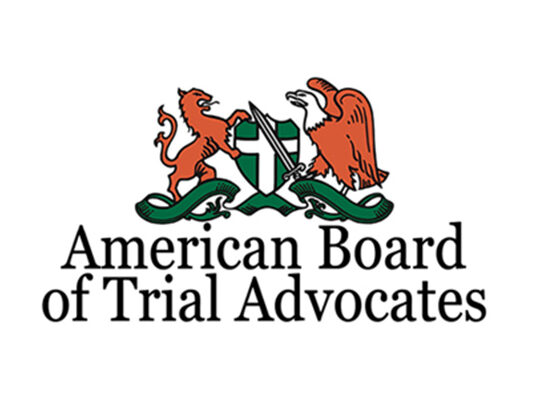High-speed police chases are not a rarity on our roads, and residents of Florida can attest to that following a recent fatal hot pursuit that killed an innocent woman in Orlando. Unfortunately, it is not uncommon for innocent bystanders, pedestrians, and motorists to get injured or die as a result of police chases. But who can be held responsible for those personal injuries and wrongful deaths in Florida?
According to a study by 24-7 Wall Street, Florida ranks 4th in the nation in police chase-related deaths and has the fifth-highest number of bystander fatalities. The most recent hot pursuit in Orlando, Florida, serves as the latest reminder of how dangerous and deadly police chases can be.
Police Chase Kills Innocent Person in Florida
A recent police chase in the Orlando area led to the death of an innocent person. As reported by WKMG-TV, two suspects wanted in connection with a homicide in Daytona Beach caused the death of an innocent woman.
An authorized pursuit started after a license plate reader detected a vehicle connected to a homicide investigation. A police officer noticed the suspect vehicle in the area of John Young Parkway in Orlando. At first, the police followed the car but stopped short of pursuing it, according to Orlando Police Chief Orlando Rolon.
The chief said that the police deployed stop sticks, but the car avoided them, sped off, and drove onto Rio Grande Avenue, where it hit another vehicle while attempting to get away from the police. As a result of the collision, an innocent woman in her 70s was killed. Rolon insisted that the suspects were driving “very recklessly,” but reiterated that the pursuit was “approved.”
Unfortunately, cases like this are not unprecedented in the United States. According to USA Today, someone is killed during high-speed police chase nearly every day. Nationwide, about 7,400 people are injured in vehicle accidents caused by hot pursuit.
When Can Police Pursue Suspects in Florida?
Typically, every police agency in the country can set its own policies regarding when to engage in a chase. Most agencies restrict police chasing to felony cases, while others have the discretion to make case-by-case decisions depending on a variety of factors.
The Florida Highway Patrol (FHP) set forth its own guidelines for pursuing suspects and engaging in police chases. The document also clarifies whether the law enforcement agency can be held responsible for causing injuries, deaths, and damages due to their officers’ failure to follow the guidelines.
Under the police chase guidelines, the FHP is allowed to engage in a chase only when:
- The suspect committed a felony;
- There is a suspected driving under the influence (DUI) case;
- A person is driving recklessly; or
- A motorcyclist is suspected of a forcible felony.
The FHP’s guidelines require all pursuing vehicles to activate their emergency flashers and lights. Also, police officers engaging in a chase cannot exceed 15 mph above the speed limit unless:
-
- There is an immediate threat;
- The officer’s immediate presence is necessary; or
- Other “circumstances” allow to drive above the speed limit.
Keep in mind that these guidelines only apply to the FHP, while other police agencies and departments across Florida follow their own policies. Meanwhile, Florida Statutes Section 316.072 allows all emergency vehicles, including police cars, to disregard regulations and speed limits when responding to an emergency unless doing so would “endanger life or property.” However, it still requires emergency vehicles to “slow down as may be necessary for safe operation” at stop signs and red lights.
Who’s Liable When a Police Chase Causes Injuries or Deaths?
So, who can be held responsible when a police chase results in injury or death? Typically, there can be one or two liable parties:
- The suspect. The pursued suspect is most often the only at-fault party who can be sued for damages and losses caused to bystanders and others during a hot pursuit.
- The police. Police officers and departments are immune from liability arising from collisions that occur during police chases unless the pursuing officer violated the department’s guidelines or protocols or state law.
In most cases, law enforcement agencies will shift the blame on the suspect even when their officers engaged in reckless behavior and endangered the safety of other people when pursuing a suspect. Speak with a Daytona Beach car accident attorney to determine liability in your police chase. Let our lawyers at Zimmet & Zimmet investigate your case and establish who should be held responsible for your damages. Call at 386-255-6400 for a consultation.











